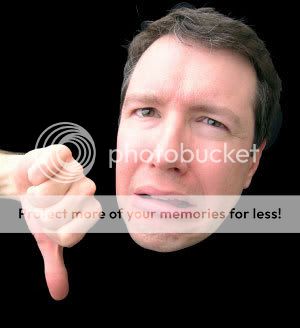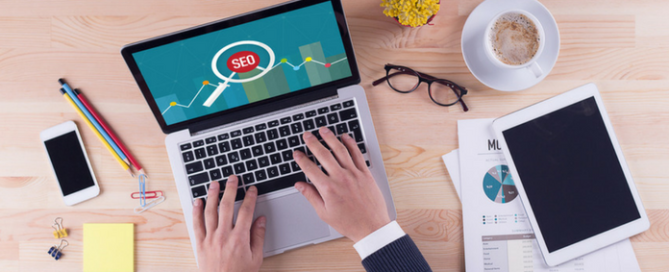10 Negative Crawling which Impacts Your Ranking Attributes

Author: Thomson Chemmanoor
SEO Coordinator
The goal of every SEO is to build a site that ranks well with search engines. But building a website that ranks well with Google and other search engines has a great deal to do with how search bots see your website. With any type of SEO marketing, there are several factors that can negatively impact your ranking.
These following components may negatively affect a spider’s ability to crawl a page or Google rankings:
-
- Server is inaccessible for search engine bots.
- Duplicate of existing content within the site.
- Outgoing links to low quality/spammy sites.
- Duplicate title/meta tags on all pages.
- Overuse of targeted keywords (stuffing/spamming).
- Broken or missing internal links
- Wrong syntax in robots.txt file
- Wrong 301 redirects
- Characters in your web page URL
- Sites entirely built in frames and Flash
These are only some of the major factors that impact search rankings negatively. As you can imagine, there’s a host of other issues, such as no-follow links, which also make websites less crawlable.
At this point you’re probably wondering “Well, what can I do to enhance my site’s crawlability?” For starters, you can manage your site in Google Webmaster Tools to identify some other crawling problems your website may have. Also, ensure that your content is readable. Avoid excessive use of Flash animations and javascript. Supplement visuals with sufficient textual content. If you decide to outsource your optimization needs, make sure you’re not dealing with a bad SEO company.
Finally, continue to immerse yourself in website content usability tips and other natural search engine optimization resources. The goal is to build a site that is easily accessible to users as well as search bots. And as the saying goes, build it and they will come.

